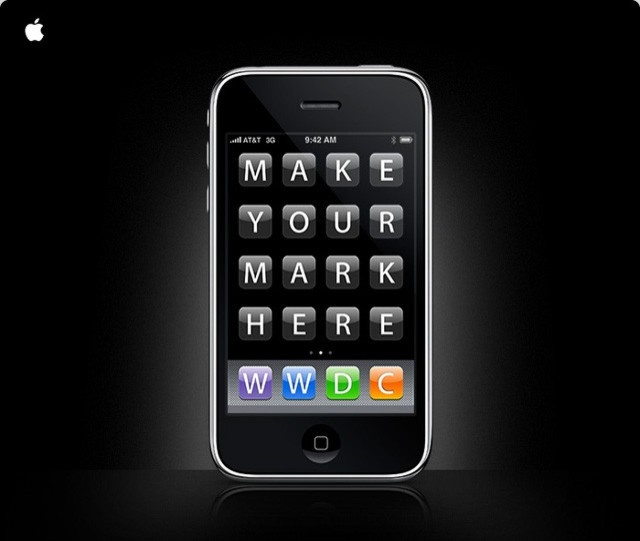China to offer 4G services by 2012

China will wrap up large-scale testing of fourth generation mobile communication network, TD-LTE and will put its mobile services to commercial application as an attempt to create a competitive edge for homegrown telecom equipment producers.
Large-scale tests of the TD-LTE network, which kicked off earlier this month, will last about one-and-a-half years, Zhang Feng, director of the telecommunications development department at the Ministry of Industry and Information Technology (MIIT), told Xinhua news agency at a news conference in Beijing.
The new generation services, based on TD-LTE technology, will likely be commercialized by 2012 and the technology has been put on an 18-month trial since the end of 2010 in six Chinese cities: Shanghai, Hangzhou, Nanjing, Guangzhou, Shenzhen and Xiamen, said Zhang.
Major Chinese telecom equipment providers, including Ericsson AB, Huawei Technologies Co. and ZTE Corp, participated in the research. Foreign companies, including Nokia Siemens Networks and Alcatel-Lucent took part in the pilot program, the news report said.
Fourth-Generation can provide a connection speed more than 50 times faster than the current 3G network and is regarded as the growth engine for the future telecom market.
Wang Jianzhou, chairman of China Mobile, said in Davos, Switzerland, that his company has won full support from Apple Inc for TD-LTE technology. He said the company was also considering an invitation from Belgium to apply for a 4G license in the country, the news website QQ.com was reported as saying.
Due to the deployment of 4G in the United States, Japan and Europe, the capital expenditure of the telecom market could shrug off drops in the past two years and rise by almost 7 percent to $40.3 billion, US research firm iSuppli said in August.
In the 4G market, Huawei took 36 percent of the share, the research company TeleGeography said.
China is the world's largest mobile-phone market. The country was home to 859 million mobile phone users at the end of last year, more than double the total population of the U.S., according to the industry's ministry.
© Copyright IBTimes 2024. All rights reserved.




















